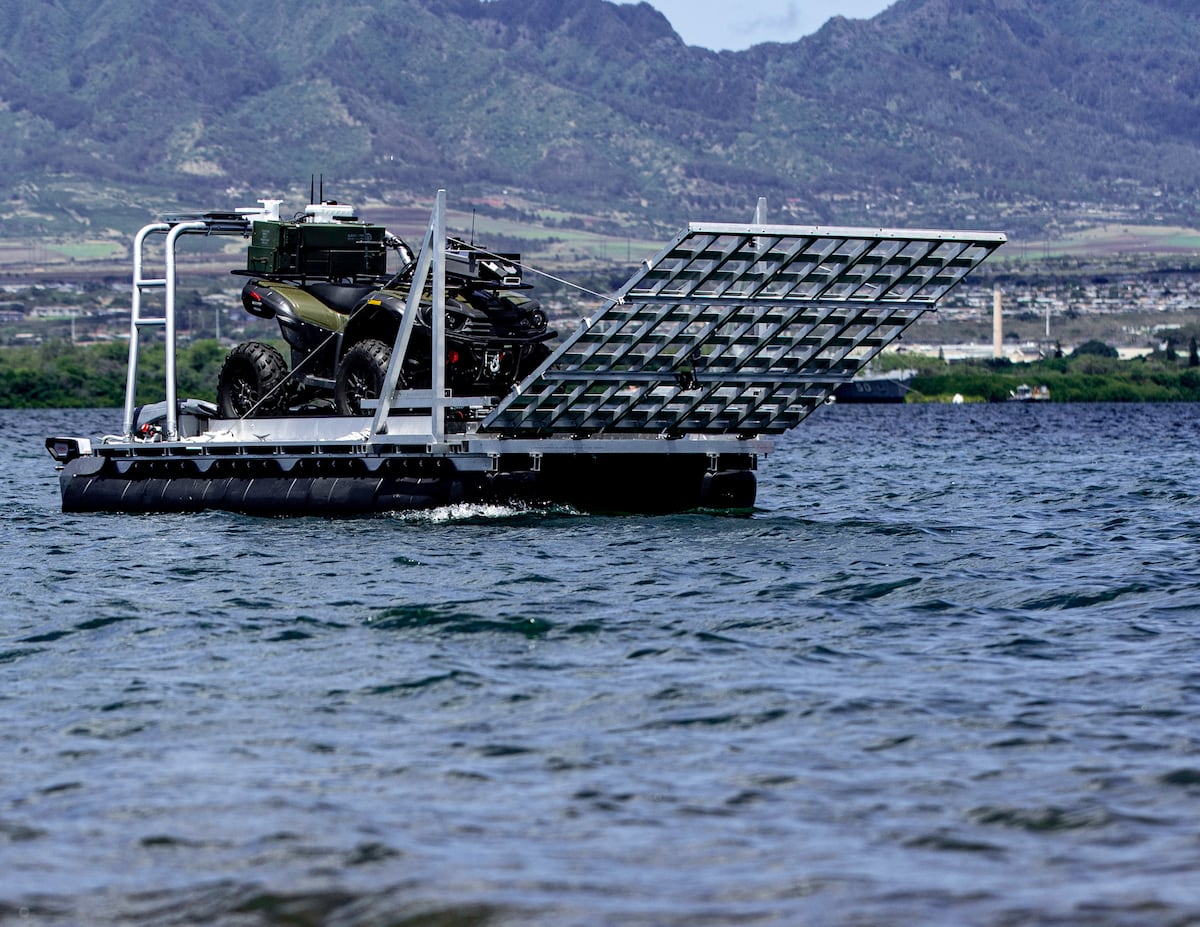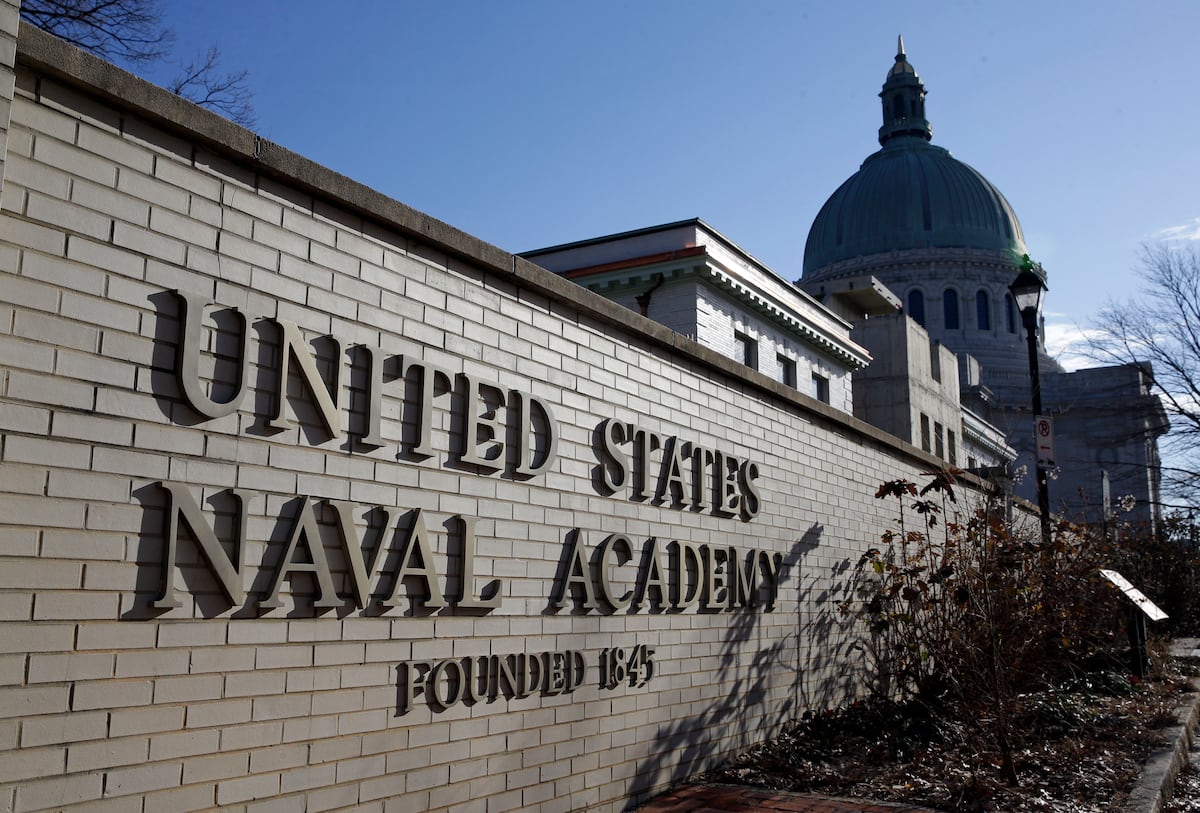In the wake of Israel’s first rounds of its preemptive military strike on Iran’s nuclear program, aptly named “Operation Rising Lion,” commentators rushed to share their analyses of the operation and the effect it might have on larger geopolitics. Viewers and readers of these analyses had to dig through many word salads to find the genuinely helpful nuggets of commentary.
Some analyses, however, were not only fundamentally flawed but also dangerous in the way they might shape the American understanding of the unfolding events. The takes that should draw particular scrutiny are those which refer to the events as “Iran’s Pearl Harbor.”
No historical analogy is perfect, but labeling attacks on our adversaries their “Pearl Harbor” sends the wrong message about what happened and who has consistently been the provocateur.
Attacks of Infamy
On “the day which will live in infamy,” the Japanese caught the United States flat-footed. The aerial strike on Pearl Harbor on December 7th, 1941, destroyed 188 aircraft and sank or damaged 21 US warships within two hours. It was an incredibly large preemptive blow to American capabilities and was cause for much rejoicing throughout the Axis nations. Perhaps it is due to the element of surprise and the elimination of such significant capabilities in a short period that commentators refer to the events of Operation Rising Lion as “Iran’s Pearl Harbor.”
During the initial strikes of Operation Rising Lion, there was indeed some element of surprise, though the possibility of action had been telegraphed for days beforehand. The operation also caused a great deal of damage to the Iranian nuclear program in its initial hours, including strikes against Natanz, a key site for producing fissile material for nuclear weaponry.
If by referring to Operation Rising Lion as the “Iranian Pearl Harbor,” commentators wish to convey the notion that the Israeli military surprised the Iranian regime and simultaneously reduced its ability to wield hard power through the threat of nuclear enrichment, they are, for the most part, accurate.
Infamous Adversary
However, the destruction of military capability and the element of surprise are not initially where the minds of everyday Americans go when they remember Pearl Harbor.
Most Americans indeed know it was a surprise attack that caused a great deal of damage to the military. Still, more importantly, they understand that this attack happened when the United States was not at war and that the attack was executed at the hands of an aggressive adversary. The assault on Pearl Harbor was a declaration of war in the minds of Americans.
It is here where we find the “Iranian Pearl Harbor” to be a misnomer. The Iranian regime is far from a neutral party, not yet engaged in a war. Instead, Iran has been the perpetrator of an aggressive campaign against Israel by utilizing its regional proxies to conduct terror attacks, all while it continues to pursue the creation of a nuclear weapon to use to destroy both Israel and the United States. A preemptive strike is not to be confused with an unprovoked strike. Israel’s Operation Rising Lion is a defensive action against a bellicose regime responsible for starting the conflict.
Most importantly, when Americans remember Pearl Harbor, they think about the 2,400 Americans who died that day, including 68 civilians and another 1,178 wounded. We have a “I don’t care about the battleship; I care about the kid on it and his mother at home” mentality that makes it difficult to separate the tactical events of the day and the grave loss we felt as a country.
In sharp contrast, Operation Rising Lion targeted only the nuclear scientists and political and military heads responsible for terror attacks and the continued pursuit of nuclear weapons. By calling Operation Rising Lion the “Iranian Pearl Harbor,” we risk the Americans’ fundamental misunderstanding of what we are trying to communicate in a way that may engender a sense that the Iranian regime is a victim. The bloody Iranian regime is no victim.
Pearl Harbor was a tragedy not because of the number of ships and aircraft lost, but because the surprise assault took the lives of many Americans. Not only is labeling significant attacks on a member of the axis of adversaries their “Pearl Harbor” an imperfect historical analogy, but it also fundamentally misunderstands how Americans think about Pearl Harbor.
We should exercise great caution when using historical analogies from the American story to describe current events, as this may fundamentally alter America’s narrative.
About the Author: Anne Lord
Anne Lord currently serves as the Vandenberg Coalition’s Director of Government Affairs. Prior to joining Vandenberg, she worked with a small defense-oriented firm where she provided strategic policy research. Anne received her Master’s in Strategic Studies from the University of St. Andrew’s in Scotland. During her time at St. Andrew’s, Anne also served as a National Security Innovation Network X-Force Fellow. Anne also brings hill experience with her to Vandenberg, having served three years on Capitol Hill in the office of Senator Ben Sasse (R-NE). Her portfolio included national security, defense, and foreign affairs issues. In her spare time, Anne volunteers as a Domestic Violence Outreach Coordinator for Catholic Charities. She also spends time enjoying the many art museums DC has to offer.

Anne Lord currently serves as the Vandenberg Coalition’s Director of Government Affairs. Prior to joining Vandenberg, she worked with a small defense-oriented firm where she provided strategic policy research. Anne received her Master’s in Strategic Studies from the University of St. Andrew’s in Scotland. During her time at St. Andrew’s, Anne also served as a National Security Innovation Network X-Force Fellow. Anne also brings hill experience with her to Vandenberg, having served three years on Capitol Hill in the office of Senator Ben Sasse (R-NE). Her portfolio included national security, defense, and foreign affairs issues. In her spare time, Anne volunteers as a Domestic Violence Outreach Coordinator for Catholic Charities. She also spends time enjoying the many art museums DC has to offer.


.jpeg)




















.jpeg)













 English (US) ·
English (US) ·